Strengthening Quaker Connections Through Education
Quakerism in Bolivia is notable, with the Indigenous Friends community as the third largest globally, about 30,000 members. They are dedicated to social justice and education, fostering ties with Quakers worldwide. Quaker values of peace, equality, and community service align closely with many indigenous Bolivian beliefs.
Indigenous peoples of Bolivia were systematically denied access to education until the mid-20th century. The landmark educational reforms initiated in 1952 began to dismantle these barriers, and Quaker organizations played a pivotal role by establishing some of the first schools that welcomed Aymara and Quechua students. These efforts were vital in promoting literacy and educational opportunities among indigenous populations.
Today, while public education is more accessible to indigenous Bolivians, challenges remain. The costs associated with transportation, food, school supplies, and housing, especially for those who must travel long distances to attend higher education institutions, are serious barriers. This economic burden makes it difficult for indigenous youth to pursue their educational aspirations.
Your donation makes a difference.
BQEF has helped over 250 students earn their professional and technical degrees. With your support, in 2025 we are providing workshops in Alternatives to Violence (AVP) for our current scholarship students. This is a collaboration with BQEF graduate and current PhD candidate in sociology, Magaly Quispe Yujra, Founder and Coordinator of PAV Bolivia (AVP Bolivia). We also plan on adding 10 additional scholarship students this year. Due to the on-going currency crisis in Bolivia, we have raised the annual cost for one scholarship from $850 - $1,000 year. All donations support our Scholarship Program, AVP workshops, and Visiting Scholars Program.
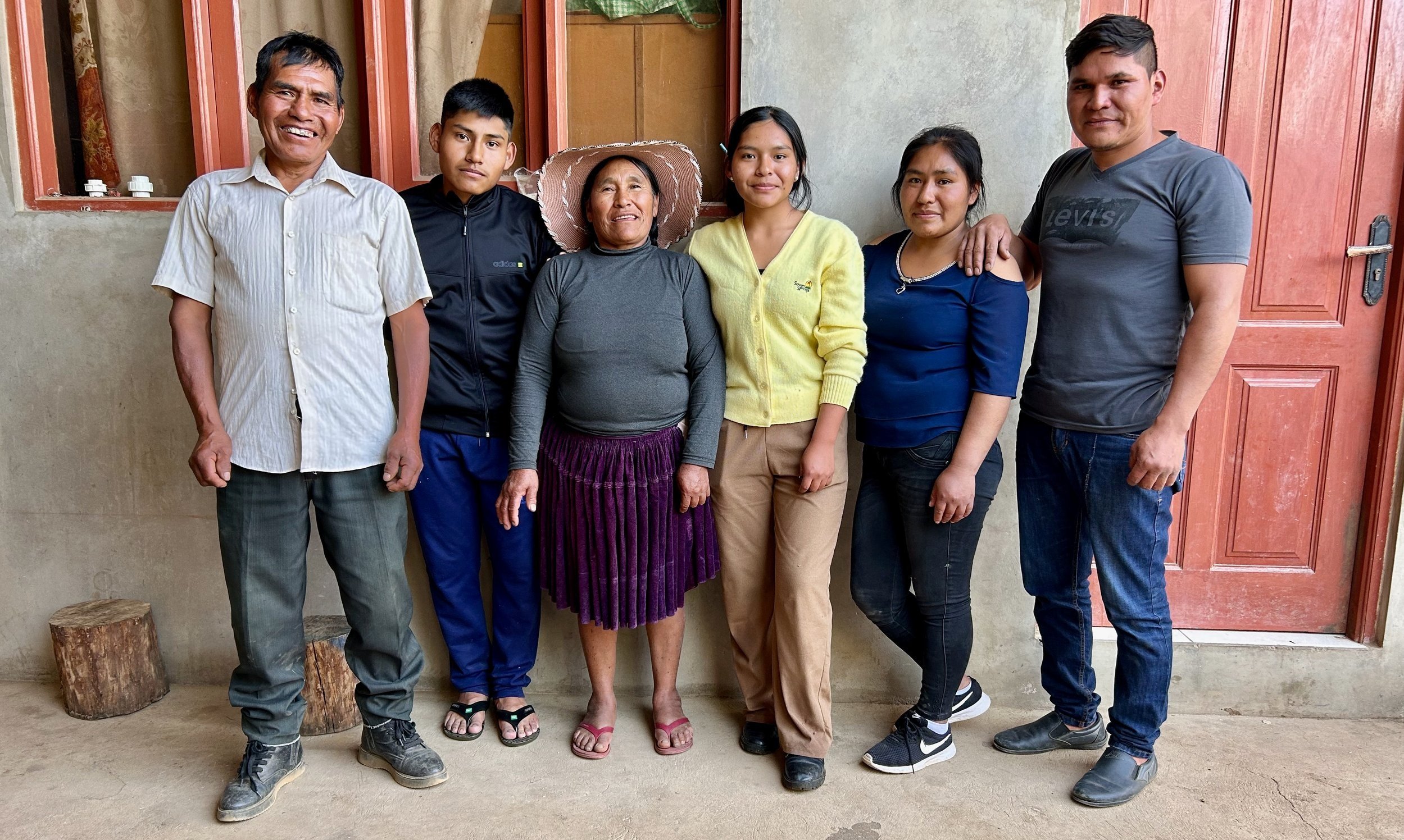



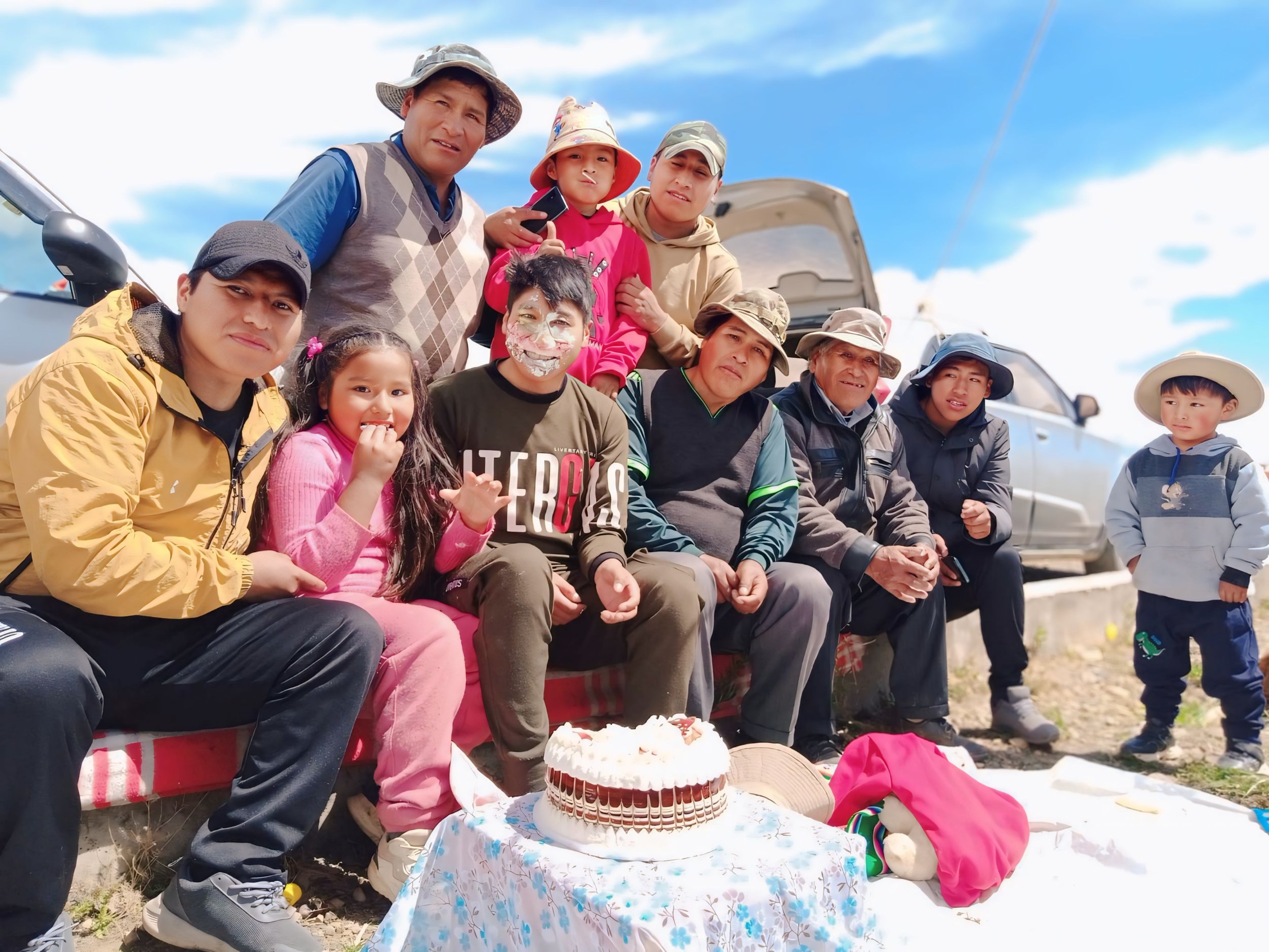

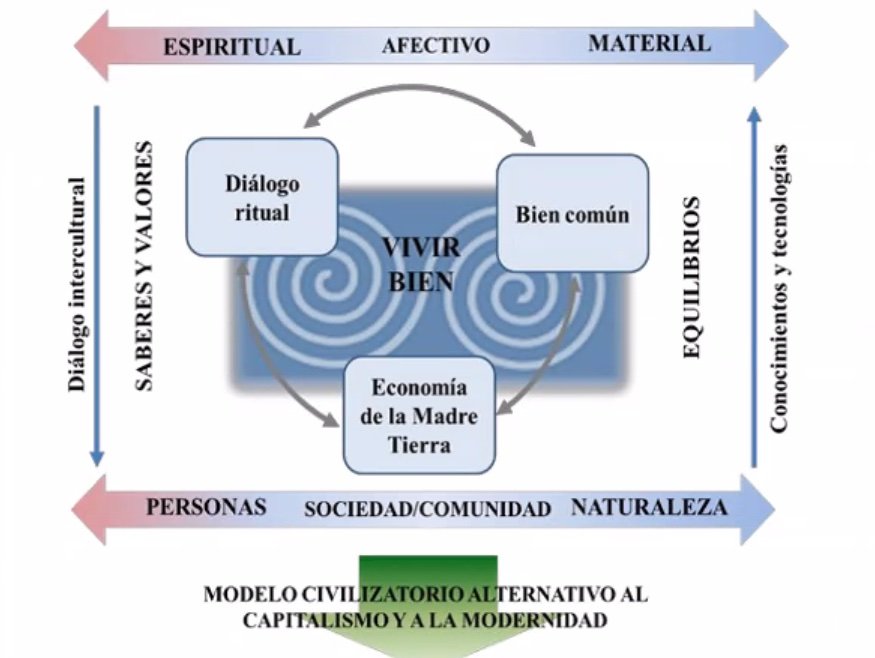
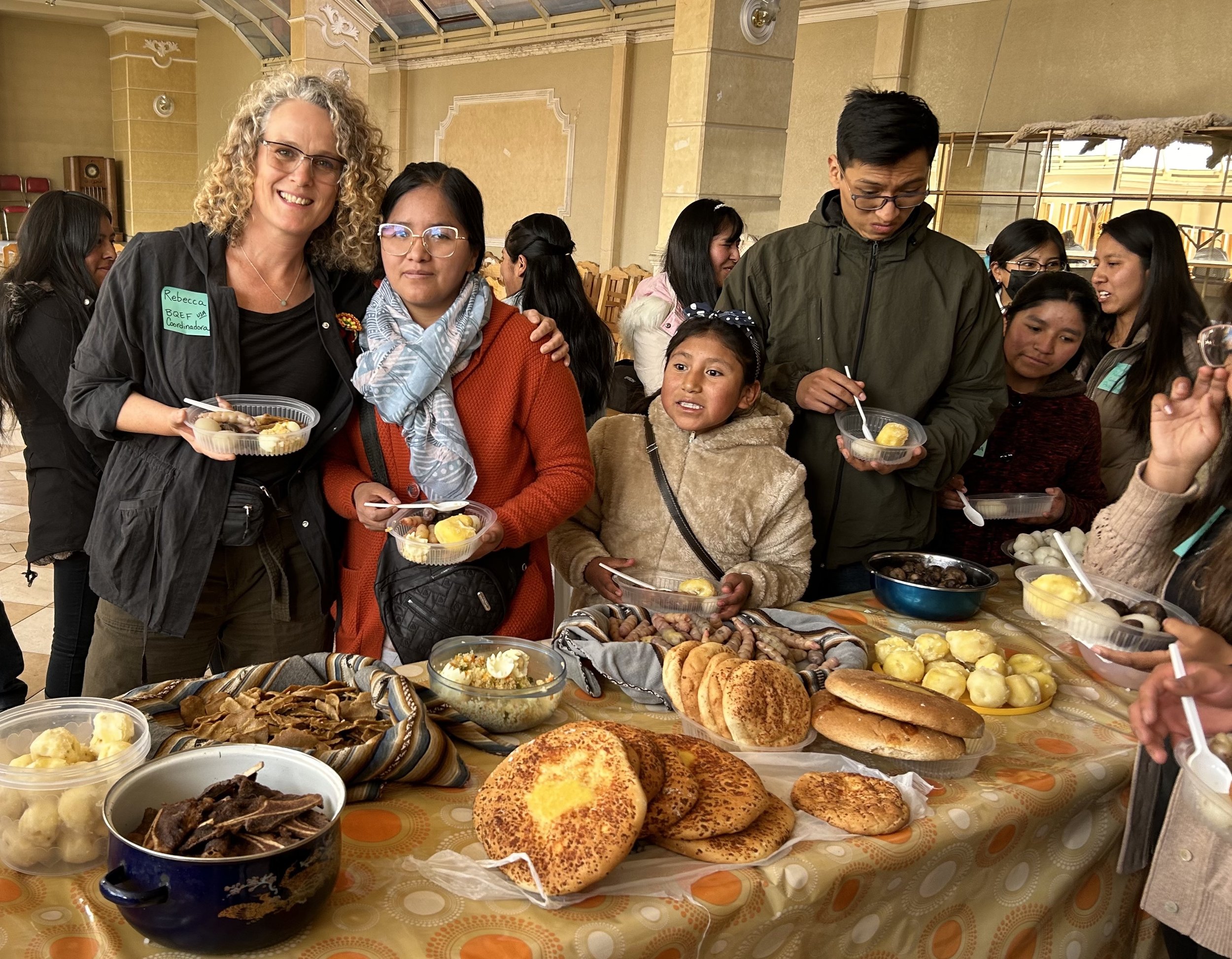
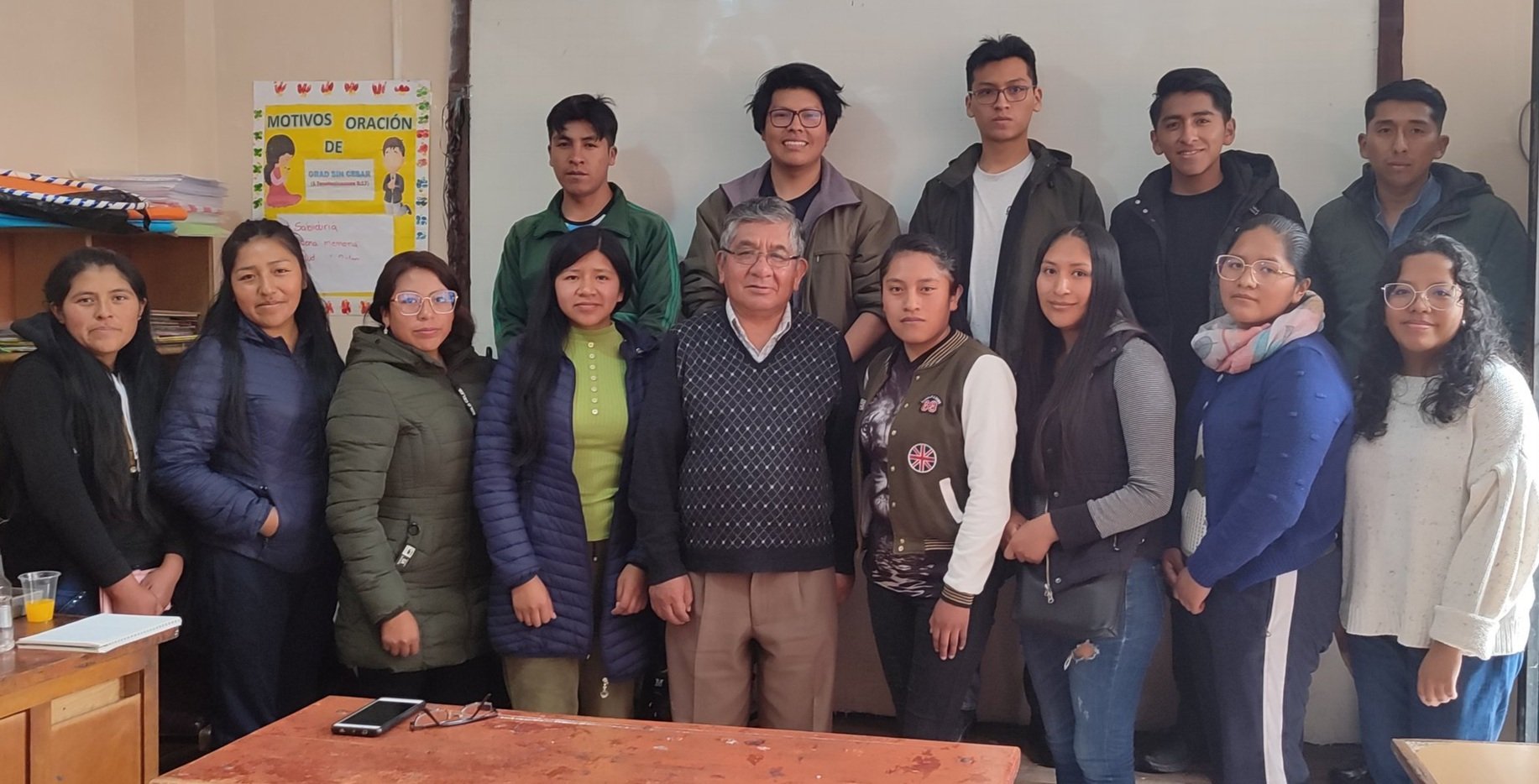
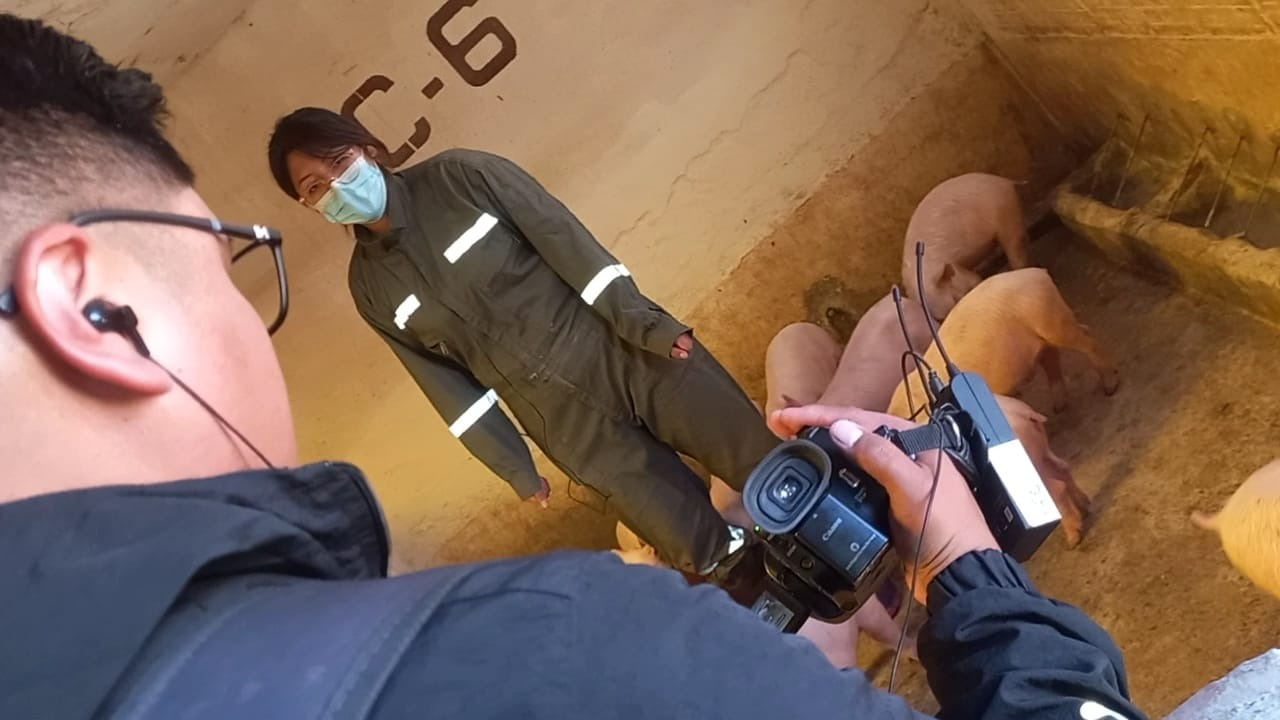
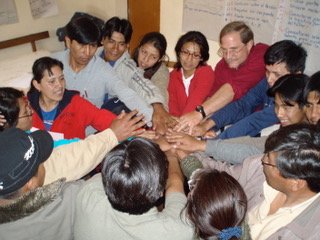
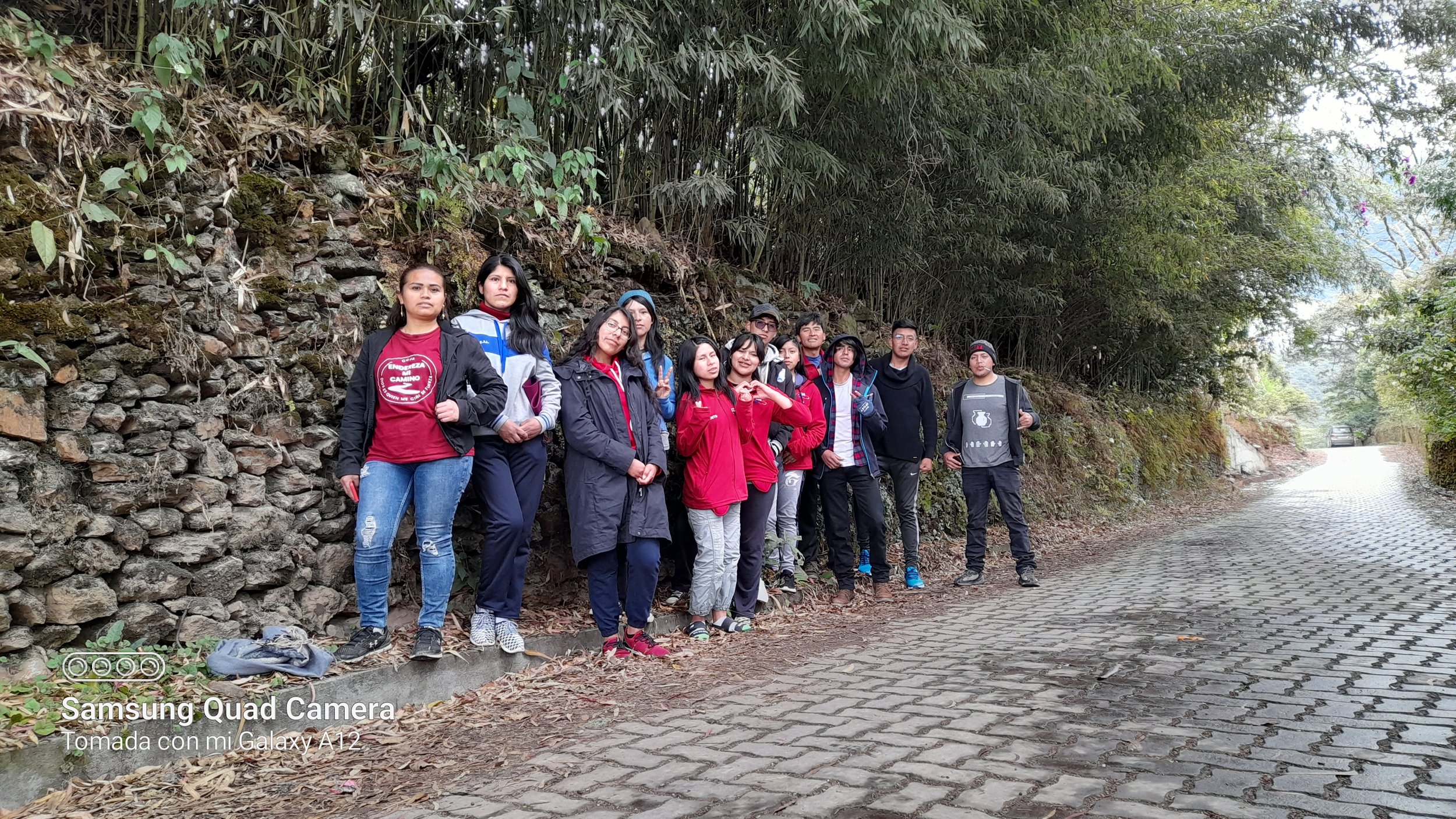

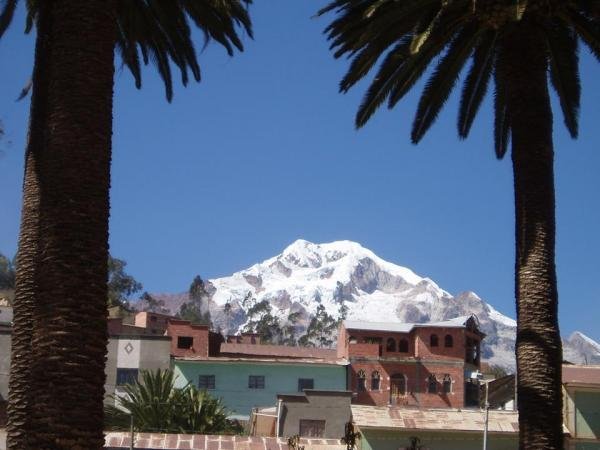
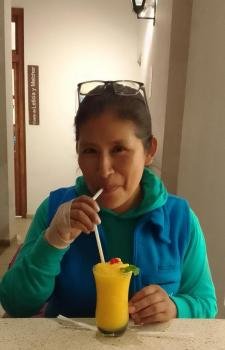
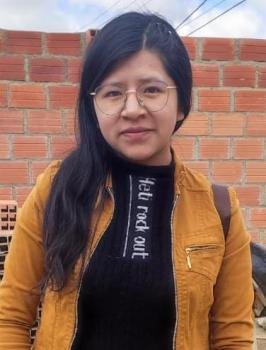
“ La educación es la llave que abre las puertas del futuro; cada lección aprendida es un paso hacia los sueños que deseas alcanzar.”